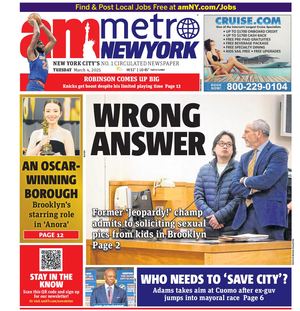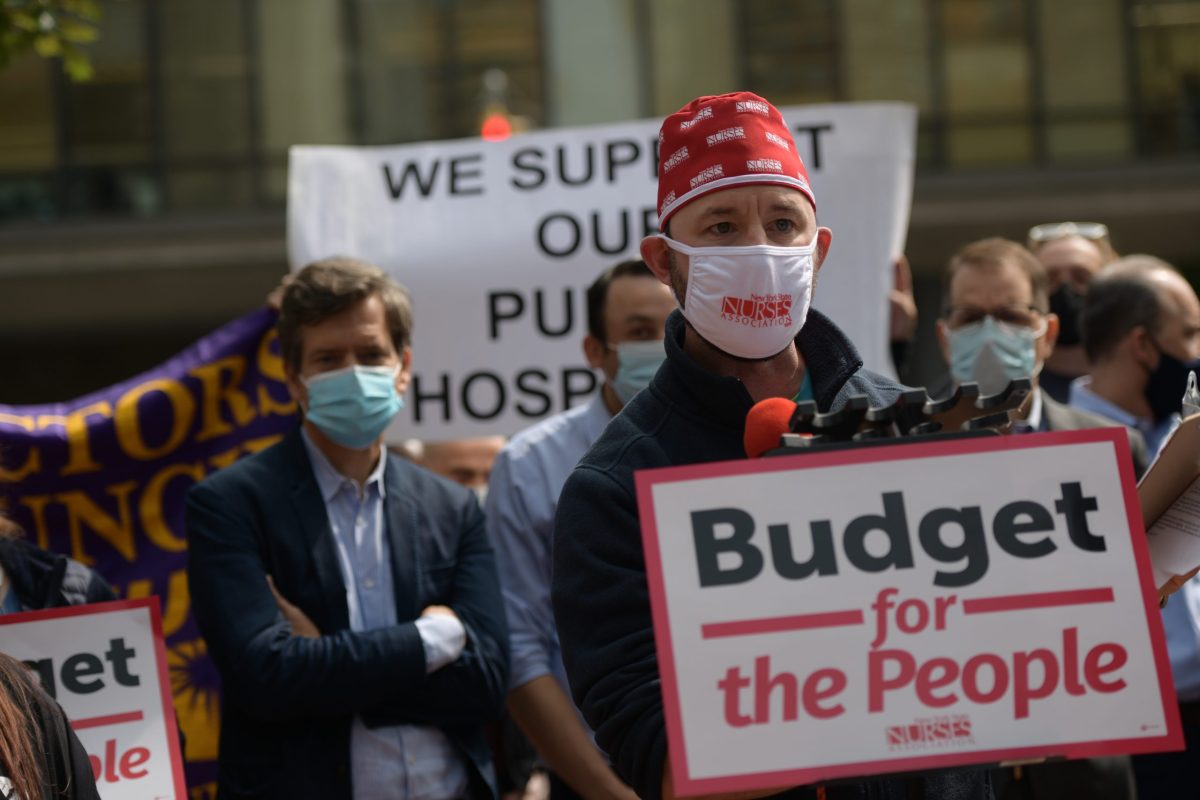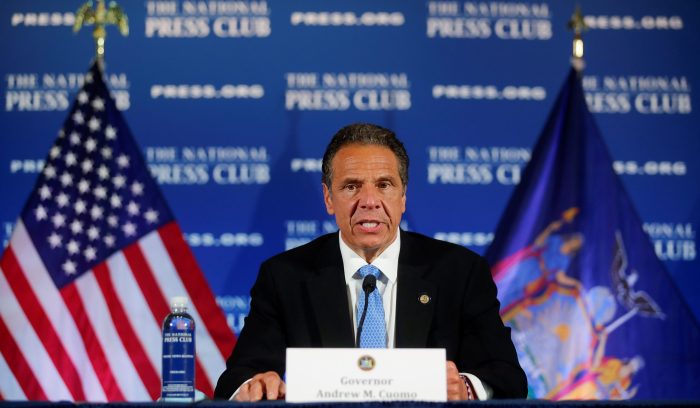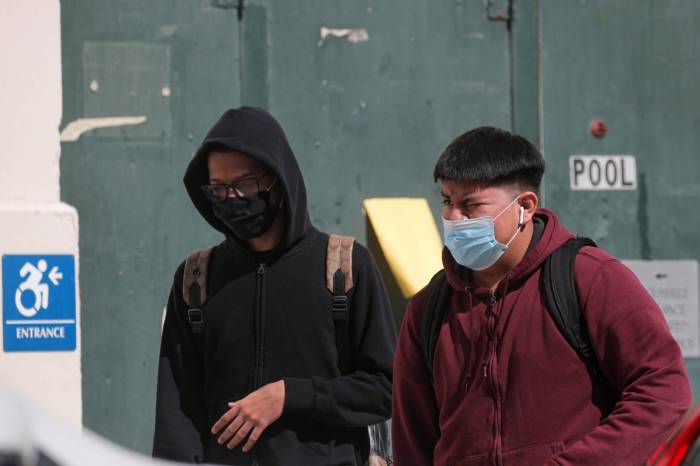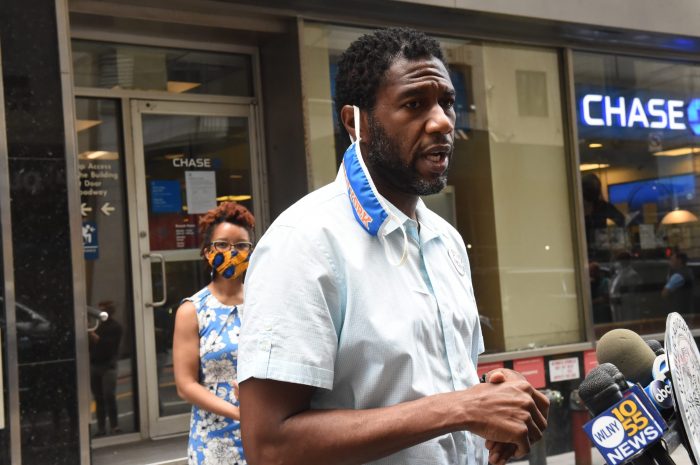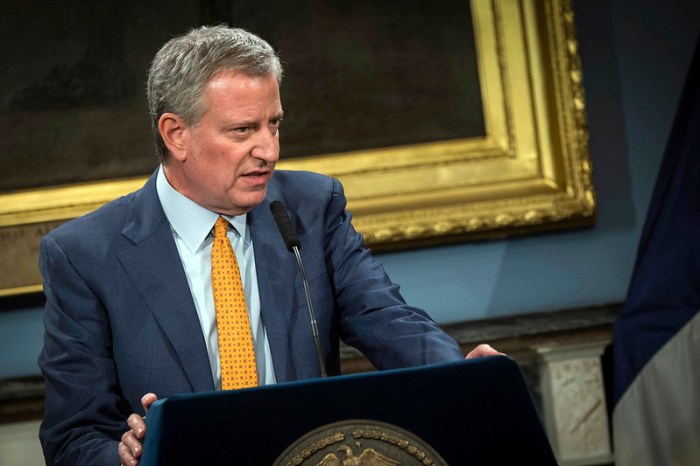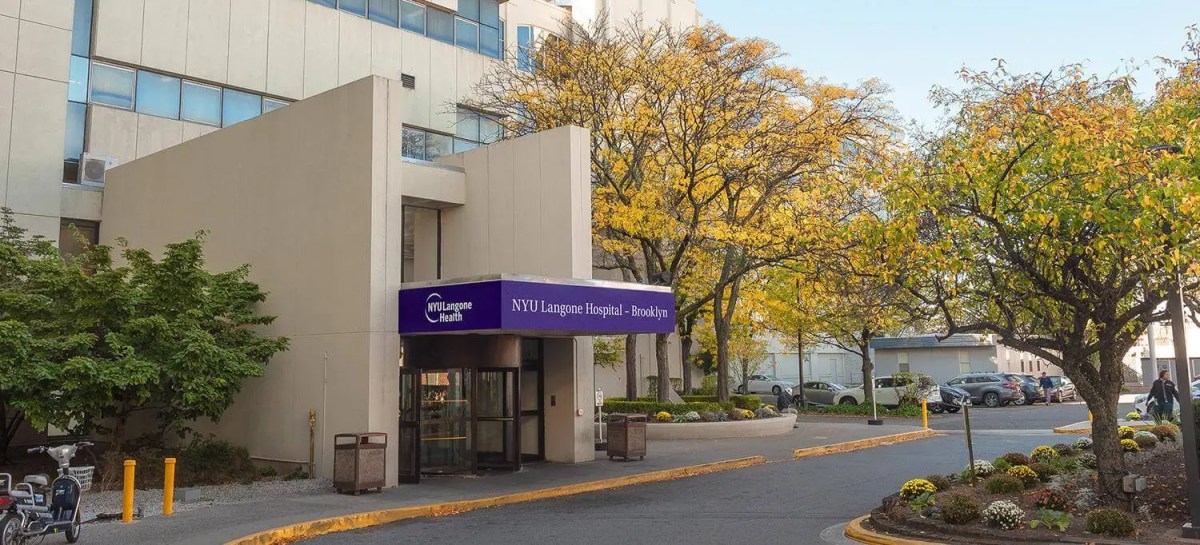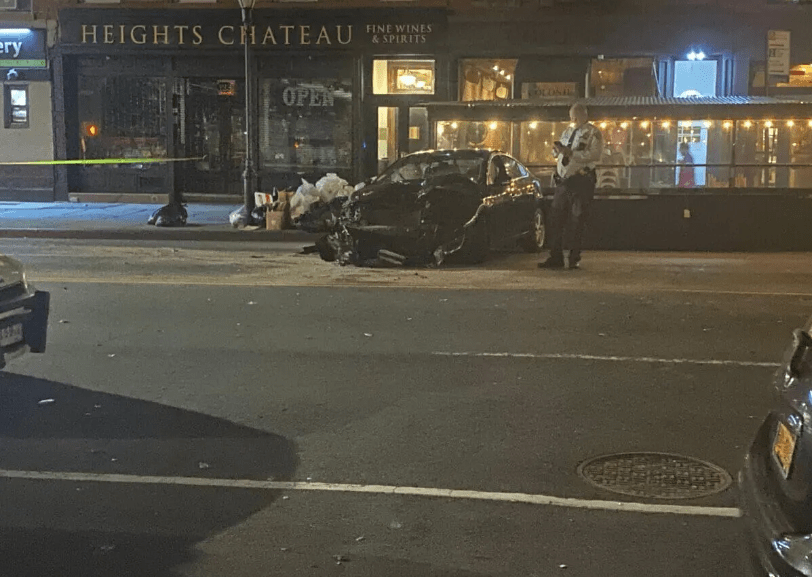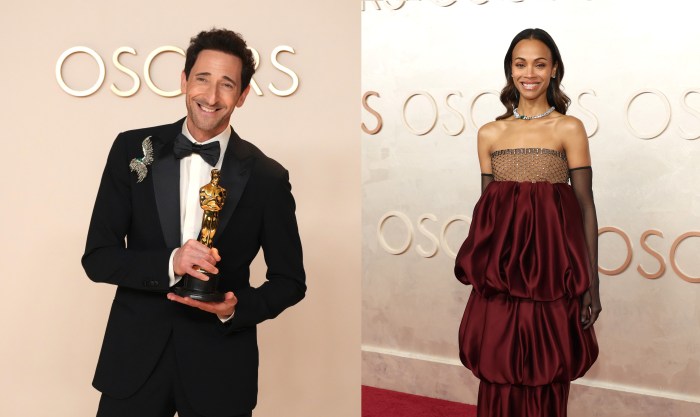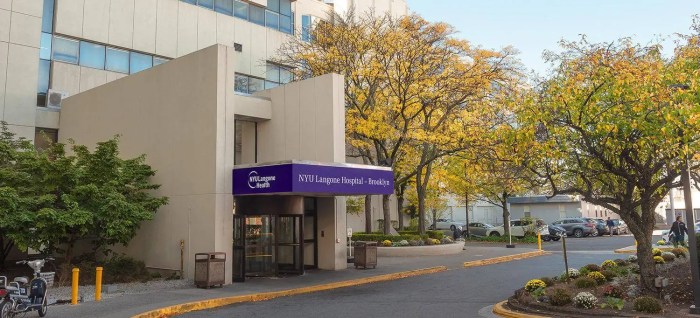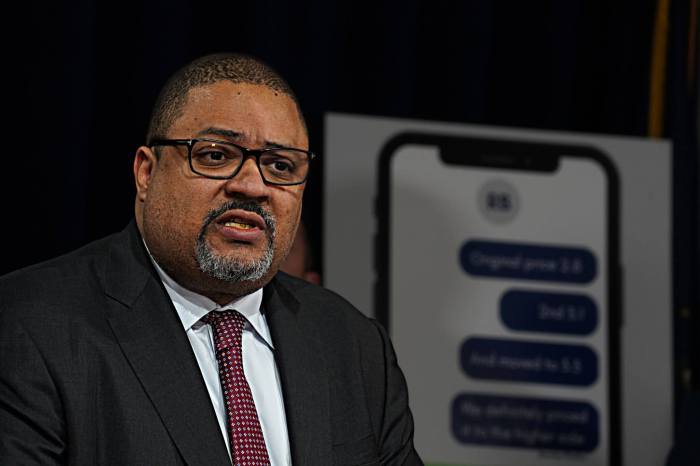Mayor Bill de Blasio didn’t back down Wednesday on the taxation of wealthy millionaires and billionaires as an aid in the city’s COVID-19 recovery, which was outlined in the state’s budget that passed Tuesday.
“The legislature led the budget process,” said de Blasio, speaking about Governor Andrew Cuomo’s absence in negotiations.
“[Assembly Speaker] Carl Heastie and [state Senate Majority Leader] Andrea Stewart-Cousins led this process and it’s no surprise as a result that we got the best budget we’ve ever seen. I think very highly of both of them. I think they provide extraordinary leadership. I think they listen to the people, they listen to the grassroots, and look, it’s clearly a budget for working people, not a budget for elites,” said de Blasio in his morning briefing.
De Blasio said this is the marked difference between when the legislature has the power over just the Governor’s influence.
The Senate majority, in a statement released Tuesday, said the “ultra-wealthy New Yorkers and large corporations need to pay their fair share,” and that the enacted budget treated the new taxes as an equitable revenue source.
Part of the $212 billion, up from the estimated $196,022,565,000 state budget last year, invests millions in healthcare and education, and is aimed at providing financial relief to the working class and middle-class earners making under $250,000 through $440 million in property tax relief. The income tax credits will range between $250 and $350, said the Senate Majority.
The ‘tax the rich’ section of the state budget, that includes legalizing mobile sports betting and ups the Corporate Franchise Tax, calls for an increase in personal income tax rate for individual filers making over $1 million and joint filers over $2 million, said the Senate Majority. It also establishes two new tax brackets: one for income-earners between $5 million and $25 million, and another for income-earners over $25 million.
Senate Deputy Majority Leader Michael Gianaris said in a statement, “This budget is a moral document that reflects our values and our desire to rebuild in a way that leaves no one behind. The wealthiest who have done so well will now help fund increased school aid, rental assistance, critical help for excluded workers, and significant small business relief, among other important measures. We have more to do, but this budget reaffirms New York’s status as the most progressive state in the nation.”
De Blasio said that due to tax cuts given to wealthy New Yorkers over the years under the Trump Administration, he really doesn’t fear that the tax hikes will drive anyone away.
“The state of New York is creating a little more fairness,” said de Blasio. “I think wealthy people will be quite fine. Obviously, I’ve said it and it’s a fact that wealthy people have done very well during the pandemic while so many other people were suffering. Stock markets been booming.”
De Blasio added that in studies he’s seen “marginal changes” in taxation do not affect the decision-making of a vast majority of rich people.
“They are going to stay in New York City because they want to be in New York City, because they like the life that’s available to them in New York City, because they can make a lot more money in New York City than a lot of other places because it’s one of the global capitals of every industry,” said de Blasio.
